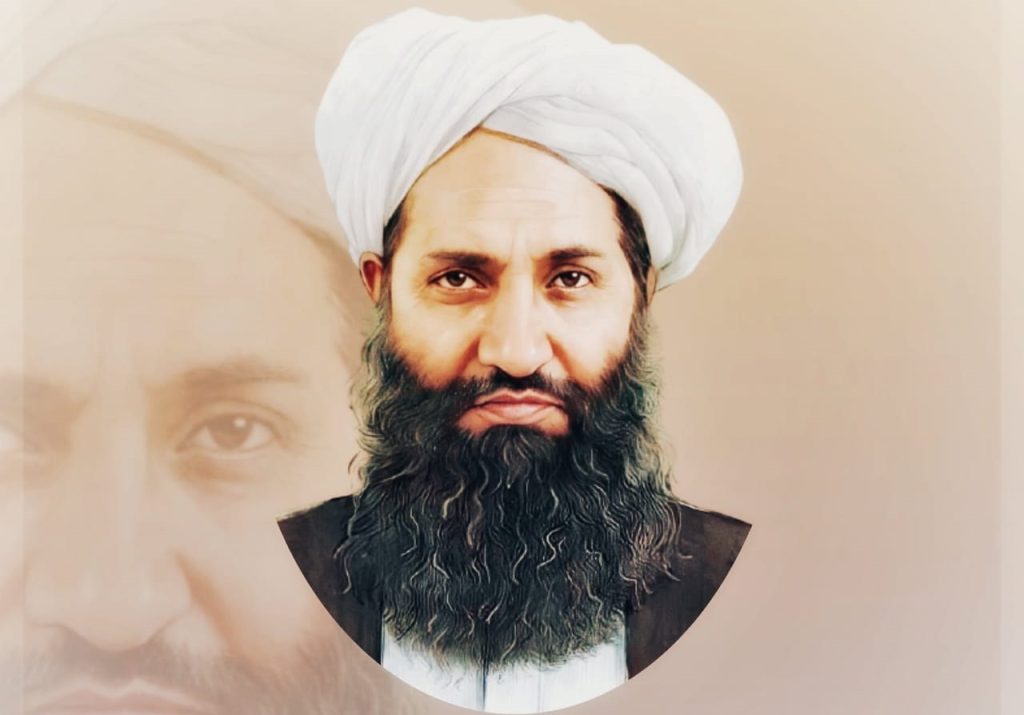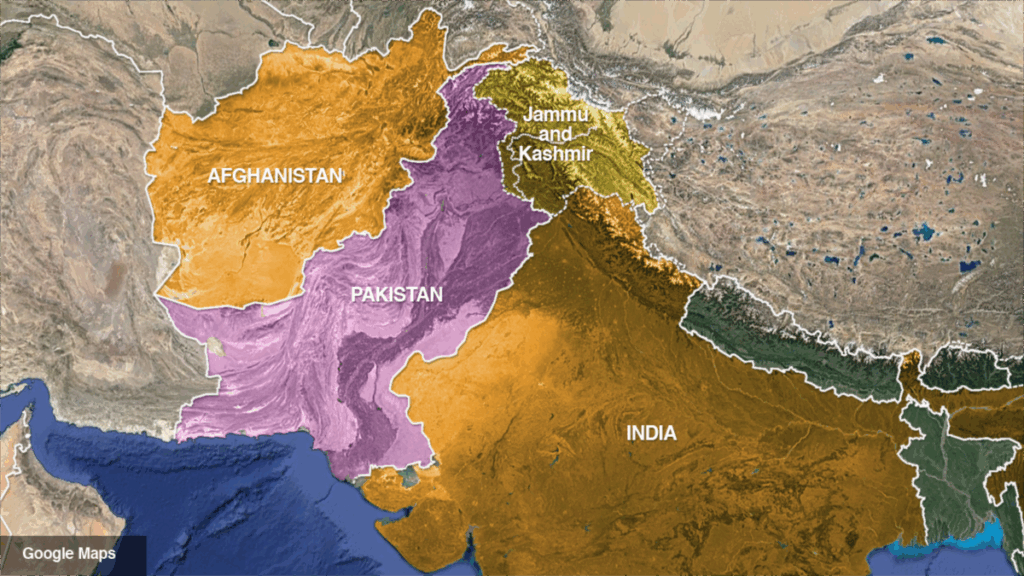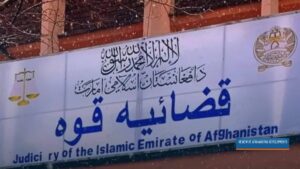Review of Afghanistan developments
In the wake of increased tensions between Delhi and Islamabad due to the violent Pahalgam Kashmir incident, India’s Special Envoy Anand Prakash, who leads the Afghanistan, Iran, and Pakistan Division at the Ministry of External Affairs, conducted a surprise visit to Kabul. During this visit, he engaged in talks with Amir Khan Muttaqi, the acting Foreign Minister of the Taliban government.
While neither party disclosed specifics regarding the discussions, the unanticipated visit seems to have been triggered by a fresh wave of tensions between Delhi and Islamabad. This article seeks to elucidate the potential aims of the visit in light of the present regional context.
Obtain a guarantee from Kabul
India asserts that the terrorist incident in Pahalgam, Kashmir, was executed by militants supported by Pakistan and maintains its right to self-defense. Consequently, it is probable that India will conduct a retaliatory operation within Pakistani territory, similar to the actions taken in 2019. During that year, approximately 40 Indian soldiers lost their lives due to a terrorist attack in the Pulwama area of Kashmir. In retaliation, India initiated an airstrike targeting the headquarters of terrorist organizations in Pakistan.
Currently, Delhi is anticipated to initiate a military operation on Pakistani territory in retaliation for the Pahalgam terrorist attack, similar to actions taken in 2019. There are concerns in Delhi that the Taliban government may adopt a hostile position towards India following this incident. Additionally, there exists the potential for Pakistan to respond with countermeasures against the Indian offensive. In this context, Kabul’s role becomes crucial, as any public declaration from the Taliban leader opposing Delhi could incite regional militant factions and independent actors to act against India. The Taliban leader’s position is significant in this matter, and Delhi has assessed this stance by dispatching an official.
It appears that the special representative from Delhi departed Kabul in a positive mood. Initially, the foreign policy of the Taliban government is neutral, and thus far, it has refrained from taking a stance against any nation, particularly in relation to conflicts, with the exception of the Zionist regime.
Secondly, the strained relations between Kabul and Islamabad indicate that expressing support for Pakistan in its conflict with Delhi could lead to adverse effects within Afghanistan. Public sentiment in Afghanistan is predominantly unfavorable towards Pakistan, largely due to its reckless treatment of Afghan refugees.
Thirdly, Delhi ranks among the largest contributors to Afghanistan, and Kabul harbors significant optimism regarding India’s potential investment in Afghan infrastructure initiatives. However, the Taliban leader’s adversarial position towards India may deter Delhi from engaging with Kabul.
Fourth, Kabul needs positive relations with Delhi to pressure Pakistan, and for that reason, it will not lose Delhi.

Economic negotiations
In the aftermath of the terrorist attack in Pahalgam, Kashmir, and the subsequent retaliatory measures taken by Delhi and Islamabad, the borders between the two nations have been closed. Afghanistan has become one of the casualties of this situation, as its exports to India through Pakistan have been halted. Taliban government officials report that trade between Kabul and Delhi has approached $800 million annually. With trade relations with Pakistan already significantly impacted, the cessation of exports to India represents an additional blow to the economy of the Taliban government.
Consequently, it is believed that Anand Prakash has engaged in discussions with Kabul regarding this matter during his visit. This is particularly relevant as reports of Mottaqi’s meeting with Anand Prakash highlight transit issues as a key focus of their negotiations. Currently, the sole remaining option for exporting Afghan goods to India is through the Chabahar port, which India has failed to develop and enhance over the past few years. Given the current stalemate between Kabul and Delhi, the Afghan representatives may urge India to take significant measures to finalize the Chabahar transit route.
During this visit, it is probable that the two parties engaged in discussions regarding the extraction and exportation of Afghanistan’s mineral resources, particularly coal. The Indian Steel Ministry has recently urged domestic firms to acquire iron ore, coal, and other essential raw material assets from international markets. Afghanistan, previously a coal exporter to Pakistan, has experienced a decline in revenue and India may serve as a viable alternative market for these resources.
In the present tense scenario, it is essential for Delhi to offer incentives to Kabul in order to sustain Afghanistan’s current status, and in the immediate term, acquiring coal will serve as a crucial support for the Taliban administration.
Conclusion
Anand Prakash’s trip to Kabul and discussions with Taliban officials, occurring during heightened tensions between Delhi and Islamabad, reflect Delhi’s intricate, gradual, and conditional approach towards Afghanistan and the Taliban regime. India seeks security assurances from Kabul to prevent the Taliban leader’s Islamist ideology from inciting anti-Indian factions in future conflicts. This visit by India’s special representative to Afghanistan should be viewed not merely as a symbolic gesture, but as a significant action undertaken by Delhi at this critical moment.
Under these conditions, it is essential for Kabul to strike a balance in its foreign relations with the two nations at the center of this conflict and to refrain from aligning itself with either of these nuclear adversaries. It would be prudent for Kabul to maintain neutrality amid the tensions between the two countries while actively seeking to normalize its relations with Islamabad, a process that has recently commenced, to mitigate the potential adverse effects of this situation.

















